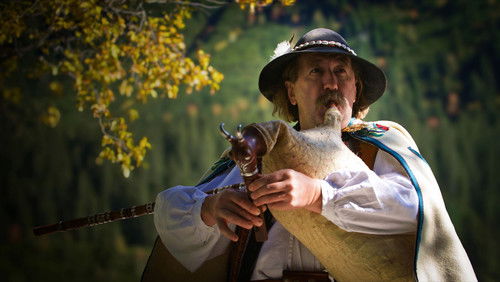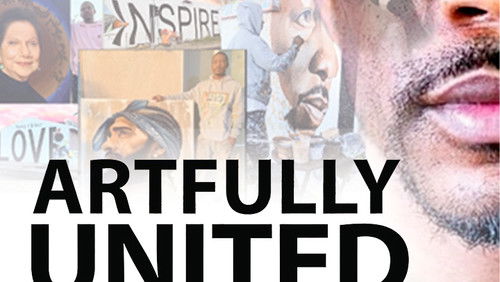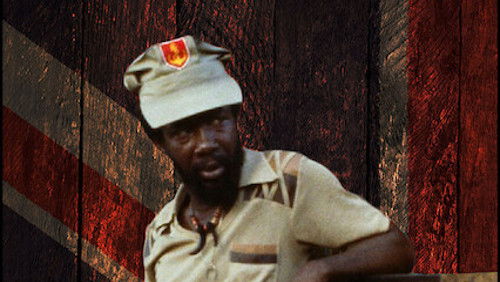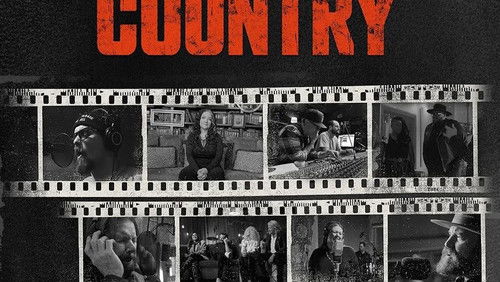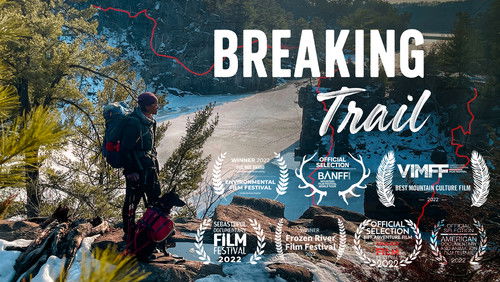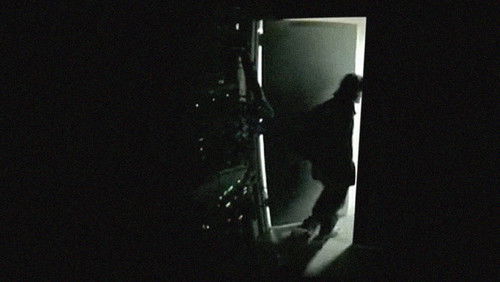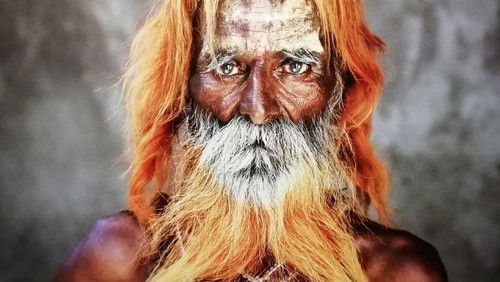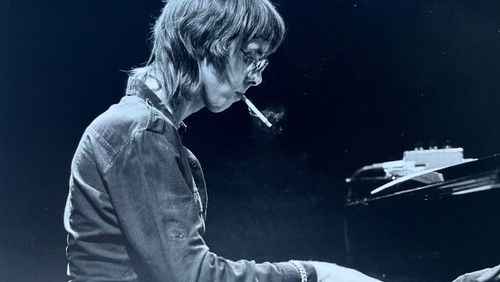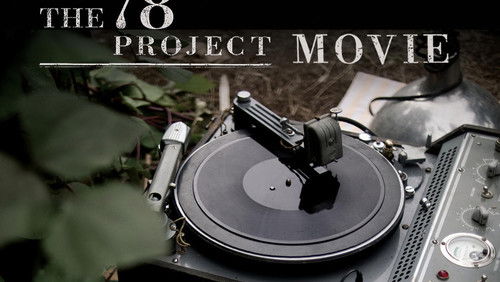Beautiful Something Left Behind (2020)
6KBeautiful Something Left Behind: Directed by Katrine Philp. At Good Grief groups, children meet to understand the passing of a parent or a sibling through play, giving in to rage in ‘the volcano room’ and saying goodbye to a dying teddy bear patient in ‘the hospital room’. Over the course of a year, we follow the weekly meetings and get close to Kimmy, Nicky, Peter, Nora, Nolan and Mikayla and their close companion: grief. It is sometimes heartbreaking, but also humorous, to experience the questions about life and death through their open and curious minds. Grief is high and heavy as a mountain, but it helps you understand what has happened, and that death is irreversible.
“For thousands of families in every part of the world, 2020 was a year of grief. During that year, many people lost those closest to them: Mothers and fathers, grandparents, siblings, as well as friends and relatives, victims of a raging pandemic. Filmed prior to the pandemic, however, the efforts of a non-profit New Jersey group, u0026quot;Good Griefu0026quot; founded in 2004 to offer support for children and surviving parents who have lost someone close are documented in the remarkable film Beautiful Something Left Behind, winner of the Grand Jury Award for Best Documentary at the 2020 SXSW Film Festival. In spite of the difficult subject matter, the film is filled with elements of joy as well as sadness and the resilience of children.u003cbr/u003eu003cbr/u003eAccording to Danish director Katrine Philp (u0026quot;Home, Sweet Homeu0026quot;), u0026quot;What we experience in the documentary is this openness. The children in the film are not afraid to talk about their feelings and their grief. They are amazing and brave, and I think we, as adults, can learn a lot from them.u0026quot; How we process grief is different for each person, but for children whose understanding is limited, death of a loved one can be especially heartbreaking. Even more than others, they are anxious, scared, and confused and needing constant reassurance that they are still loved, though no one can fill the void in their lives. What they slowly and painfully comprehend, however, is that they will never see their loved one again.u003cbr/u003eu003cbr/u003eAdults try to talk to children about their pain, providing comforting assurances, but ultimately, there is little that can be done except to provide listening and extra hugs. Photographed by her husband, cinematographer Adam Morris Philp (u0026quot;What We Becomeu0026quot;), and edited by Signe Rebekka Kaufmann (u0026quot;False Confessionsu0026quot;), Philp does not philosophize or attempt to provide answers to unanswerable questions. She simply records the stories of children who have lost a parent or sibling. These include Peter, Mikayla and the siblings Nolan u0026amp; Nora and Nicky u0026amp; Kimmy, showing their different approaches in handling grief. There is no narration, dramatic music, or explanation about what we are seeing, only the voices of children mostly under ten years old interacting with relatives and volunteers.u003cbr/u003eu003cbr/u003eStaff and volunteers at u0026quot;Good Griefu0026quot; engage children in group sessions where they discover that their feelings are valid, though each child expresses their loss differently. Some are unusually expressive while others find it hard to even talk, though the suffering is etched on all their faces. The program also provides activities for grieving children, some acting out their parentu0026#39;s deaths by recreating their story in a sand tray using miniature figures and pieces, others expressing their anger and pain in a u0026quot;volcano room,u0026quot; taking care of their teddy bear in a pretend hospital bed, and, as a community, sending balloons and lanterns to the sky to reach their loved ones in what they refer to as heaven.u003cbr/u003eu003cbr/u003eFilming children can be a challenge as they can go from one emotion to another in a short period of time and tears are always just under the surface. According to Philp, u0026quot;Grief is not a linear process. Itu0026#39;s much more like fragments. And sometimes youu0026#39;re happy and everything is good, and the next moment youu0026#39;re sad. So I wanted to also to work with the structure of the film, and be inspired by the voice of the children.u0026quot; Talking about the death of her father during filming, Philp says, u0026quot;Feeling my own grief while filming the families . . . made complete sense. I fully understood what the families were going through and the challenges they faced.u0026quot; During the shoots Philp moved from Copenhagen to Morristown, NJ, with her husband, and their two children.u003cbr/u003eu003cbr/u003eu0026quot;We wanted to be closer to the families we were filming,u0026quot; she says u0026quot;and be able to tell their stories in their own pace, when they were ready.u0026quot; The past year was traumatic for many, and Philp hopes that Beautiful Something Left Behind encourages viewers to talk directly about their emotions and reach out to people who are struggling. u0026quot;I think that we need to be there for each other, care for each other, and show all the compassion that we can,u0026quot; Philp says. u0026quot;Because when youu0026#39;re in grief, it is so isolating. It can be such an isolating feeling if youu0026#39;re not sharing it with anybody. I really hope that this film will make us all braver when we encounter people who have lost, and not be afraid of talking about our emotions and sharing our experiences.u0026quot; Combining deep sadness, smiles, laughter, and yes, moments of joy, Beautiful Something Left Behind provides catharsis for the children and the viewer, opening our hearts just a little wider.”
